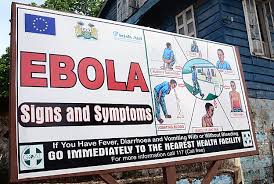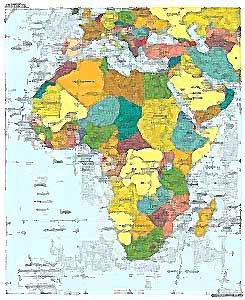This weekend marked an extraordinary anniversary: 25 years since the fall of the Berlin Wall. I still remember how I felt watching live coverage of those heady, dream-like moments as elated Berliners climbed all over one of the most hated symbols of repression. They were celebrating their new freedom, ushering in a new era of change and hope. In that moment once again we were all Berliners.
While it stood, the Wall itself stood for injustice, intolerance, repression, despair. It was the antithesis of all the West believed to be good, and it was the gateway to what lay beyond the Iron Curtain. Western political thinking has imbued an almost mythical quality to how evil Communism is portrayed, especially by the former Soviet Union. Even as the Wall fell, the fears of nuclear attack were still palpable.
But change raced in, hard and fast, bringing with it new levels of crime and corruption. The hard realities following the fall of the wall soon dispelled the fairy-tale hopes of prosperity and brotherhood the western world had naively held for those countries once held in communism’s vice grip. Change is never easy, not even when it’s for the common good.
Fast forward twenty-five years later. Russia is now led by Vladimir Putin, a dangerous throwback to the days of KGB control and a man who has ushered in a new cold war in east-west relations. He has blatantly usurped the rights and freedoms not only of Russians, but of the Ukraine and Crimea, regions he seeks to control to rebuild the might of what once was.
In the middle east, a new group known as ISIS has engaged in nothing short of genocide to hunt down and eradicate those who don’t conform with their stringent and extremist beliefs. Like a marauding horde of insects, ISIS strategically terrorizes the region, impervious to global condemnation or the horror of what they inflict on innocents. They leave the world little choice in how to deal with them. They are the force we must now eradicate to protect the very freedoms we cherish.
In Mexico, 43 young men paid the price for speaking their minds. They have vanished, and if found will likely be bodies in one of the many horrific mass graves where those who cross the Cartels are buried, along with their desire for change. The cartels wield unquestionable and terrifying control over every level of government and of security within the country. So long as the world continues to buy their product, the cartels fear nothing and no one. This is a land where journalists pay with their lives for writing the truth.
The rights of women and children are denigrated by Boko Haram in Africa, and the Taliban in Afghanistan. But it is in those most vulnerable where we can see hope and strength most clearly. The breath-taking bravery of a girl named Malala has shown the world, especially those who tried to kill her, that freedom is a fight that lives within us, regardless of gender, age or origin, and it burns bright as a torch passed from one soldier to the next.
Twenty-five years have brought new challenges and threats. This week, we will honour those brave men and women who fought two world wars to ensure freedom, if not peace, for those generations to come. It is our duty to defend what they gave their lives for, so that our children know freedom, and cherish it. We have much work to do.





